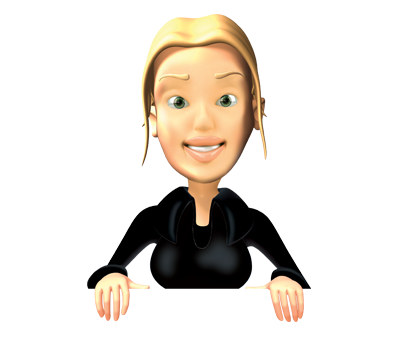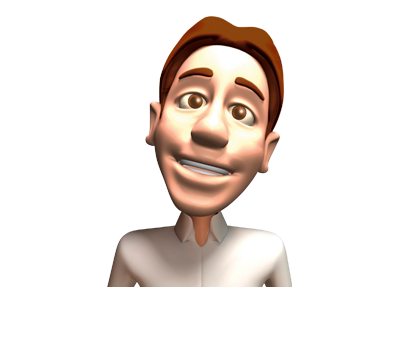Many illnesses can be treated in your home by using over the counter medicine from your pharmacist and getting plenty of rest. Self care is the best choice to treat very minor illnesses and injuries. If you are still worried call NHS 111 or your GP.

If you think you need help urgently during the day or night you should call NHS 111 before you go to any other health service.
By calling NHS 111 you will be directed straight away to the local service that can help you best. It is available 24 hours a day, 365 days a year and is free to call, including from a mobile. You should call NHS 111:
-
When you need help fast but it’s not life threatening.
-
When you think you need to go to A&E or another NHS urgent care service.
-
When it’s outside of your GP’s surgery hours.
-
When you do not know who to call for medical help.
-
If you do not have a local GP to call.

Your local pharmacist
can provide advice on most common health issues and can suggest and dispense
medicines. There are often pharmacists in supermarkets and many are open late.
If your child has a temperature which has not come down with paracetamol or ibuprofen see your GP.
Visit www.nhs.uk where you can find the service locator that will help you find the pharmacy nearest to you.

You will need to register with a local GP. Your GP can advise, give you the medicines you need and point you in the right direction if you need other specialist services. You will usually need to make an appointment. All GPs will see a child quickly if you are worried.
After 6.30pm weekdays, at weekends and public holidays you can call the GP out-of-hours service on NHS 111.

Health visitors are
qualified nurses. They will
visit you at home or see
you in a clinic. They offer
support and advice and
can tell you where to get
extra help if you need it.
They are part of a team
who are there to support
you during the early years.
Your midwife may be the
healthcare professional
who knows you and your
baby best in the early
days. They can help with
any feeding problems.
Enhanced health visiting
services are available to
vulnerable families who
may need extra support.

Children's centres are for
families with children under five.
Together the centres offer a wide
range of services including:
-
Health visitors
-
Midwifery services
-
Play sessions for children
-
Parenting support (including
support for teenage parents)
-
Services for disabled children
-
Speech and language support.
Many centres also provide high
quality early learning and
childcare.

If it is an emergency and
you need to call 999, tell the operator that you
want to speak to the ambulance service. You will be transferred to one of our call takers who will ask questions so that we can decide what help to send you.
In an emergency, ambulance staff will be sent to help you.
You should only call 999 for serious and life-threatening emergencies.

For serious and life-threatening emergencies, A&E and 999 are emergency services that should only
be used when babies and children are badly injured
or show symptoms of critical illness. These may be choking or breathing difficulties, unconscious or unaware of surroundings, taken poison or tablets, severe abdominal pain, fewer wet nappies suggesting dehydration.








